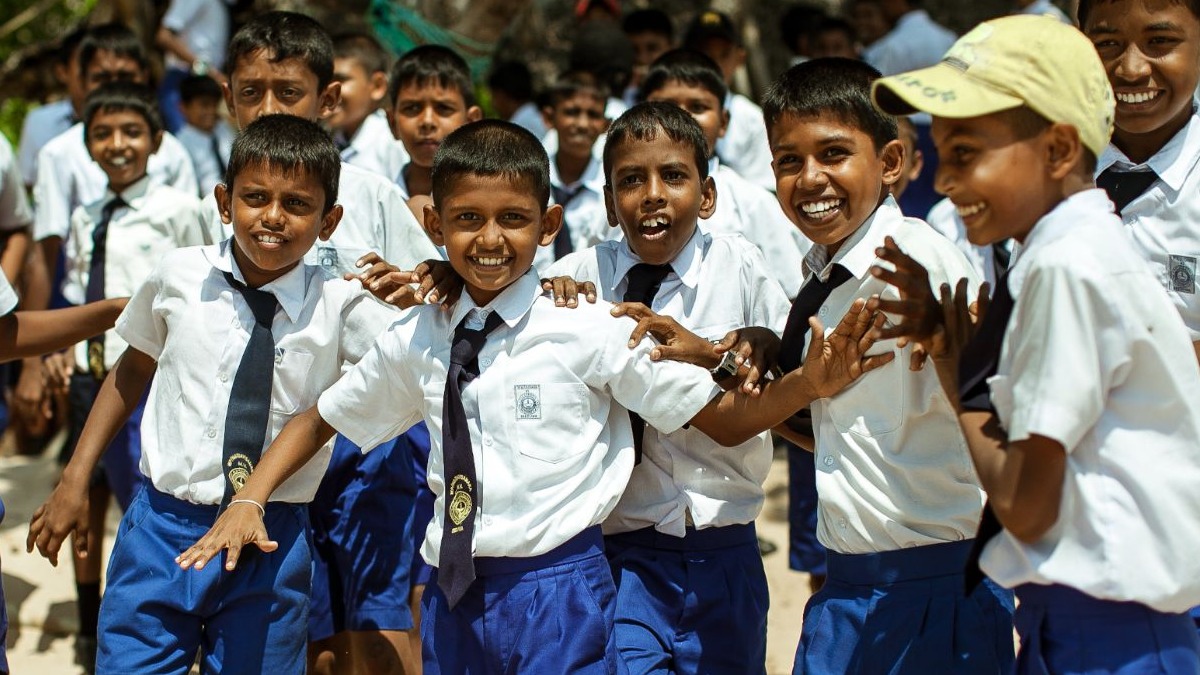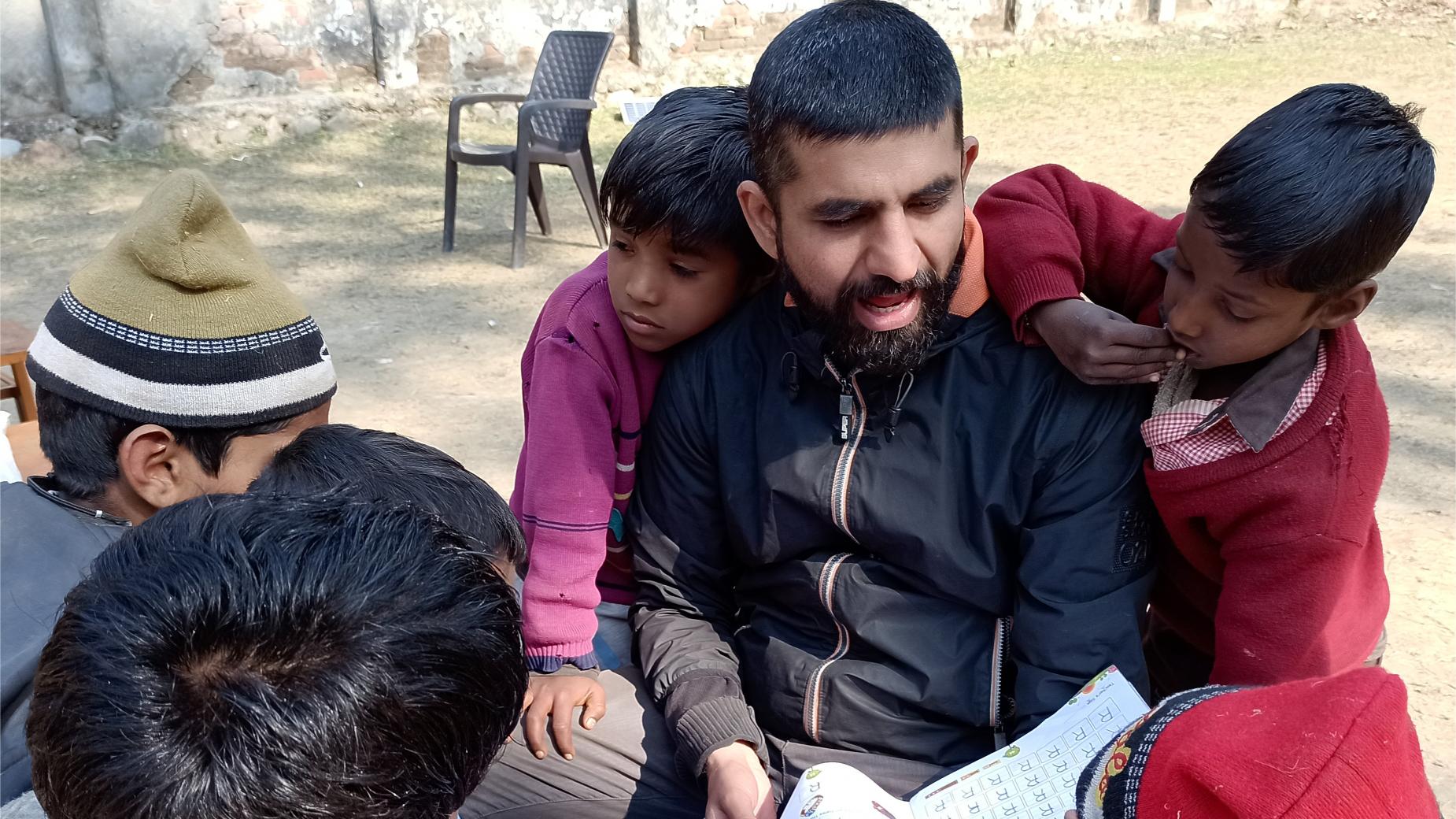The importance of context in educational interventions
There seems to be almost unanimity in educational discourse these days about the importance of context in educational practice. The idea means many things to many people. It can be, therefore, productively unpacked to inform practice in the domain of education and elsewhere. The first thing that context means is that of the immediate geographical […]

There seems to be almost unanimity in educational discourse these days about the importance of context in educational practice. The idea means many things to many people. It can be, therefore, productively unpacked to inform practice in the domain of education and elsewhere.
The first thing that context means is that of the immediate geographical community. The idea that the language of the home or the neighbourhood should be the medium through which the child should begin her formal processes of learning is an established tenet in pedagogy. In India though, this is often not followed, with our inordinate fascination for English medium education.
Many marginal social groups, especially Scheduled Tribe communities, are finding their voices now. Their languages are becoming both a space for consolidating political identity as well as a tool for social renewal in the classrooms. The MLE (Multilingual Education) policies of many state governments and the focus on mother tongue based primary education in NEP 2020 are adding impetus to these processes.
Thus, the children’s languages constitute the first strand of context. The child’s linguistic background works as a bridge for learning, to take her from the known to the unknown, often from predominantly oral community cultures to those of print and literacy. Creating relevant children’s literature in such an arena can fulfil both the learning needs of the children and the community’s needs for cultural continuity and renewal.
The linguistic and social contexts also act as reservoirs of alternative knowledge systems. Our local cultures often embody tools for survival and resilience. These are increasingly important in the context of the polycrises that the world is facing now, that is getting heightened by the global climate meltdown. Tapping into vernacular sociocultural resources to craft teaching learning materials, processes and institutions that respond to community needs are a strand of work that many CSOs are now undertaking.
But context is not all positive. Many children come from broken homes and regions marred with conflicts, which are sometimes long-term. Here the child needs to be enabled to become proficient with the tools and the practices that help deal with trauma and sadness and flourish despite the limitations imposed by their context.
A big aspect of the context of most children’s lives and trajectories of learning these days is related to diversity, plurality and the unpredictable nature of socio-political change. Many schools have children who speak different languages, often a language that is looked down upon by linguistic majorities. Because of entrenched social hierarchies, many communities’ children still face ostracism and discrimination in schools. These issues often get pushed under the carpet. These are matters of context that we need to address urgently.
What children need the most to learn in an effective manner is stability. However, many children’s families must migrate constantly just to survive. Some are displaced for development projects. Processes like these create mobile social groups. Their children’s learning needs require all the creativity that we can muster to be addressed adequately. Some organizations are already rising to the challenge and doing stellar work. We need to do a lot more.
To respond to the educational needs of all children in the country, we must think about systemic change. However, to do this well, we must also learn to look at each child as a unique individual, situated in a very specific context.




No approved comments yet. Be the first to comment!